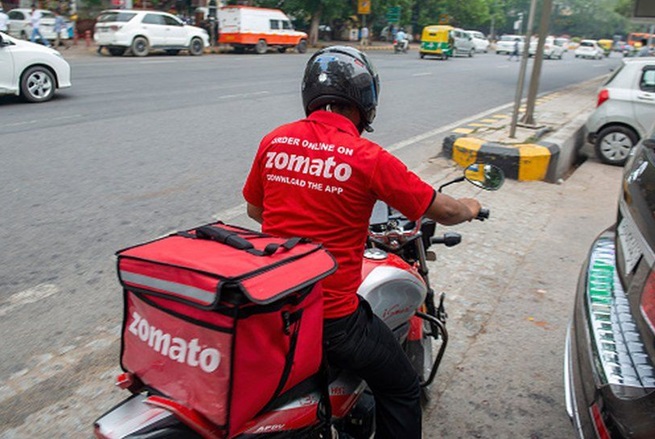In a recent turn of events, food delivery app Zomato faced backlash over its decision to introduce a dedicated fleet of green vehicles exclusively for delivering vegetarian meals. The move was intended to cater to customers seeking purely vegetarian options, but it quickly sparked controversy, with many accusing the company of insensitivity towards Indian caste dynamics.
Critics argued that the initiative could lead to discrimination against delivery workers, citing past incidents where consumers rejected deliveries based on religious reasons. Concerns were also raised about the segregation of workers, who would be required to wear separate outfits in green and red, the company’s corporate color.
Journalist Fatima Khan highlighted instances where food deliveries were rejected because the delivery agent was Muslim, citing reasons related to food purity. This discriminatory behavior is not new in India, where food choices have been a politically charged issue for years.
While Zomato initially defended its decision, CEO Deepinder Goyal later announced a reversal of the plan, citing concerns about customer difficulties with landlords and the potential for social problems. The company has decided to eliminate on-ground segregation by removing the use of the color green, and all riders, including those in the regular fleet, will now wear red uniforms.
Food preferences in India are often associated with religious and caste identities, with vegetarianism being more prevalent among upper-caste Hindus. This has led to social divisions and even violence against those who consume non-vegetarian food. Delivery drivers, in particular, are vulnerable to harassment and attacks for delivering non-vegetarian food in certain areas.
The incident with Zomato highlights the complex nature of food preferences in India and the challenges faced by those who do not conform to societal norms. It also underscores the need for companies to be mindful of the social and cultural implications of their business decisions, especially in a diverse and multicultural country like India.
(Source: CNN | SCMP | Agencia EFE)








